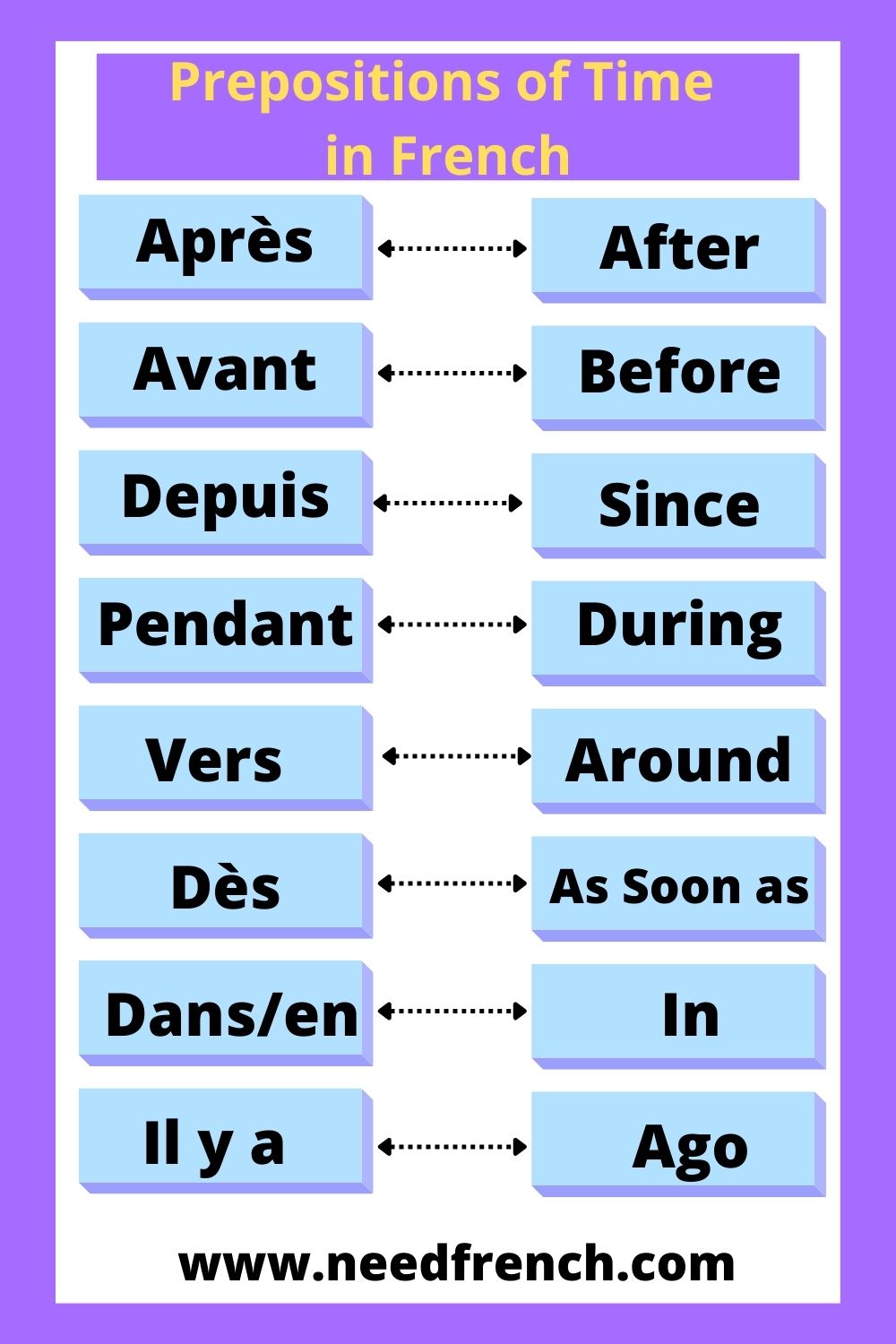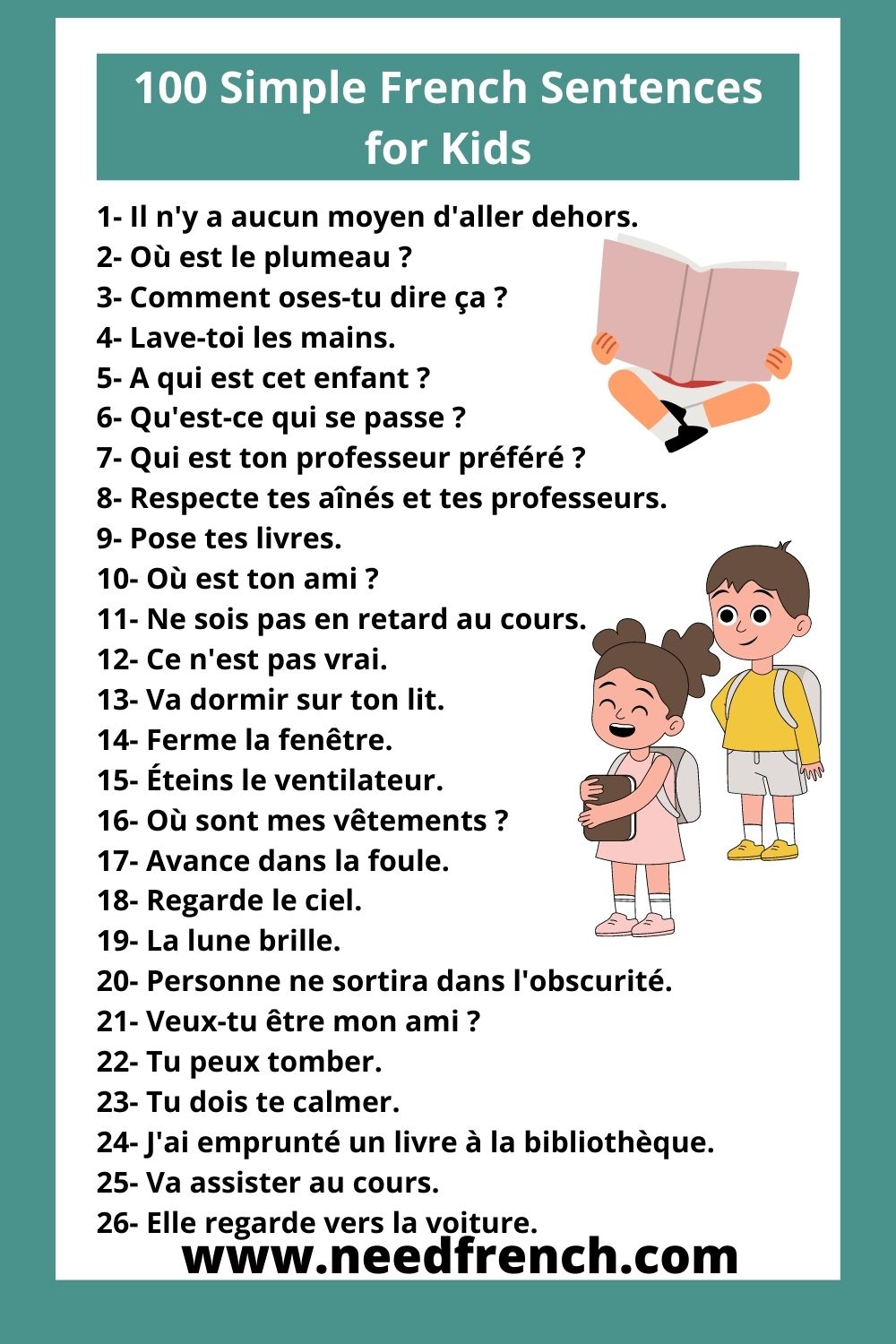Mastering logical connectors is key to communicating clearly in French. This comprehensive guide will teach you 29 essential French logical connectors – what they mean, when to use them, and how to effectively utilize them with example sentences.
Whether you need to express cause and effect, contrast ideas, summarize points or provide examples, this article will explain the most common and useful French connecting words and phrases.

1. Mais (but)
2. Car/Parce que (because)
3. Donc (so/therefore)
4. Or (now/yet)
5. Cependant/Pourtant (however)
6. Ainsi (thus)
7. C’est pourquoi (that’s why)
8. En effet (indeed)
9. De plus (furthermore/moreover)
10. Par conséquent (consequently)
11. En revanche (on the other hand)
12. Autrement dit (in other words)
13. Pour conclure (in conclusion)
14. Certes (admittedly)
15. Sauf que (except that)
16. Vu que (given that)
17. Par ailleurs (moreover)
18. En dépit de (despite)
19. En somme (in summary)
20. En l’occurrence (in this instance/case)
21. Tel que (such as)
22. À savoir (namely)
23. Entre autres (among other things)
24. À moins que (unless)
25. D’ailleurs (moreover/besides)
26. Par ailleurs (furthermore/in addition)
27. Faute de (for lack of)
28. Encore que (although)
29. Étant donné que (given that)
Table of Contents
Toggle1. Mais (but)
Mais (but) – – Use “mais” to express contrast or opposition between two ideas.
Ex: “Il fait beau aujourd’hui, mais il risque de pleuvoir ce soir.” (It’s sunny today, but it might rain tonight).
2. Car/Parce que (because)
Car/Parce que (because) – Use “car” or “parce que” to introduce an explanation or justify a statement.
Ex: “Je suis fatigué car je me suis couché tard hier soir.” (I’m tired because I went to bed late last night).
3. Donc (so/therefore)
Donc (so/therefore) – Use “donc” to indicate a conclusion or consequence based on what was stated before.
Ex: “Il a beaucoup étudié, donc il a réussi son examen.” (He studied hard, so he passed the exam).
4. Or (now/yet)
Or (now/yet) – “Or” indicates a change or shift in a narrative. It introduces something in contrast or opposition to what precedes it.
Ex: “Paul voulait partir en vacances. Or, il devait travailler ce week-end.” (Paul wanted to go on vacation. Yet, he had to work this weekend).
5. Cependant/Pourtant (however)
Cependant/Pourtant (however) – Use “cependant” or “pourtant” to express contrast or qualification after a statement.
Ex: “Cet exercice semblait facile. Pourtant, peu d’étudiants ont réussi.” (This exercise seemed easy. However, few students succeeded).
6. Ainsi (thus)
Ainsi (thus) – “Ainsi” indicates a consequence or result that follows logically.
Ex: “L’équipe jouait bien. Ainsi, elle a gagné le match.” (The team was playing well. Thus, they won the game).
7. C’est pourquoi (that’s why)
C’est pourquoi (that’s why) – Use this to justify or explain the cause of something stated previously.
Ex:”Les routes étaient glissantes. C’est pourquoi nous sommes rentrés prudemment.” (The roads were slippery. That’s why we drove back carefully).
8. En effet (indeed)
En effet (indeed) – Use “en effet” to confirm or emphasize a statement.
Ex:”Il faisait un froid glacial. En effet, le thermomètre indiquait -10°C.” (It was freezing cold. Indeed, the thermometer read -10°C).
9. De plus (furthermore/moreover)
De plus (furthermore/moreover) – Use “de plus” to add supplemental information that reinforces or builds upon a previous statement.
Ex: “Il était déjà en retard. De plus, il n’avait pas terminé son devoir.”
(He was already late. Furthermore, he hadn’t finished his homework.)
10. Par conséquent (consequently)
Par conséquent (consequently) – Use this to indicate a consequence or result that follows from what was previously stated.
Ex: “L’avion a été annulé. Par conséquent, nous devons reporter notre voyage.”
(The plane was cancelled. Consequently, we have to postpone our trip.)
11. En revanche (on the other hand)
En revanche (on the other hand) – This sets up a contrast between two elements or situations.
Ex: “Paul adore la musique rock. En revanche, sa soeur préfère le jazz.”
(Paul loves rock music. On the other hand, his sister prefers jazz.)
12. Autrement dit (in other words)
Autrement dit (in other words) – Use this to rephrase an idea in a different way, to clarify the initial statement.
Ex: “Ce film était trop compliqué. Autrement dit, il était difficile à comprendre.”
(This movie was too complex. In other words, it was hard to understand.)
13. Pour conclure (in conclusion)
Pour conclure (in conclusion) – This introduces the conclusion or a summary of what was previously stated.
Ex: “Pour conclure, je pense que cette décision est la meilleure solution.”
(In conclusion, I think this decision is the best solution.)
14. Certes (admittedly)
Certes (admittedly) – “Certes” concedes or acknowledges a point, while introducing a counterpoint.
Ex: “Certes, il a fait des erreurs, néanmoins je lui fais confiance.”
(Admittedly, he made some mistakes, nevertheless I trust him.)
15. Sauf que (except that)
Sauf que (except that) – This introduces a restriction, objection or counters a previous point.
Ex: “J’étais prêt à partir, sauf que j’ai oublié mes clés.”
(I was ready to leave, except that I forgot my keys.)
16. Vu que (given that)
Vu que (given that) – “Vu que” provides context or justification for what follows.
Ex: “Vu qu’il pleuvait, nous sommes restés à l’intérieur.”
(Given that it was raining, we stayed inside.)
17. Par ailleurs (moreover)
Par ailleurs (moreover) – Use “par ailleurs” to introduce supplemental information.
Ex: “Je n’aime pas courir. Par ailleurs, je préfère nager.”
(I don’t like running. Moreover, I prefer swimming.)
18. En dépit de (despite)
En dépit de (despite) – This means “despite” or “in spite of”.
Ex: “En dépit de la pluie, nous sommes allés nous promener.”
(Despite the rain, we went for a walk.)
19. En somme (in summary)
En somme (in summary) – Use “en somme” to signal a conclusion or summary of what was stated.
Ex: “En somme, ce fut un bon voyage malgré quelques problèmes.”
(In summary, it was a good trip despite some issues.)
20. En l’occurrence (in this instance/case)
En l’occurrence (in this instance/case) – This refers to a precise situation or context.
Ex : En l’occurrence, il faut agir vite.
In this case, we need to act quickly.
21. Tel que (such as)
Tel que (such as) – “Tel que” is used to introduce examples or precise elements.
Ex : Certains aliments, tel que les noix, sont allergènes.
Some foods, such as nuts, are allergenic.
22. À savoir (namely)
À savoir (namely) – Use “à savoir” to signal key information or specifics.
Ex : Deux points sont à traiter, à savoir la réduction des coûts et l’augmentation des ventes.
Two points need to be addressed, namely cost reduction and sales increase.
23. Entre autres (among other things)
Entre autres (among other things) – Use “entre autres” to signal there are other elements in addition to those mentioned.
Ex : Parmi nos projets figurent, entre autres, l’ouverture d’une nouvelle usine et le lancement d’un nouveau produit.
Our projects include, among other things, the opening of a new factory and the launch of a new product.
24. À moins que (unless)
À moins que (unless) – “À moins que” sets a condition that must be met for something else to happen.
Ex : Nous irons à la plage, à moins qu’il pleuve.
We’ll go to the beach unless it rains.
25. D’ailleurs (moreover/besides)
D’ailleurs (moreover/besides) – Use this to add supplemental information to reinforce a point.
Ex : Il est en retard. D’ailleurs, il n’a pas répondu à nos appels.
He’s late. Moreover, he hasn’t answered our calls.
26. Par ailleurs (furthermore/in addition)
Par ailleurs (furthermore/in addition) – “Par ailleurs” introduces an additional point or further information.
Ex : L’entreprise a réduit ses effectifs cette année. Par ailleurs, elle a gelé les salaires.
The company downsized this year. Furthermore, it froze wages.
27. Faute de (for lack of)
Faute de (for lack of) – This means “for lack of” or “because of not having”.
Ex : Faute de participants, la réunion a été annulée.
For lack of attendees, the meeting was cancelled.
28. Encore que (although)
Encore que (although) – “Encore que” introduces a concession or contrasting element.
Ex : Cette décision est risquée. Encore que le jeu peut en valoir la chandelle.
This decision is risky. Although it may be worth it.
29. Étant donné que (given that)
Étant donné que (given that) – Use this to provide context or explanation for what follows.
Ex : Étant donné que tu es malade, tu devrais rester à la maison.
Given that you are sick, you should stay home.














